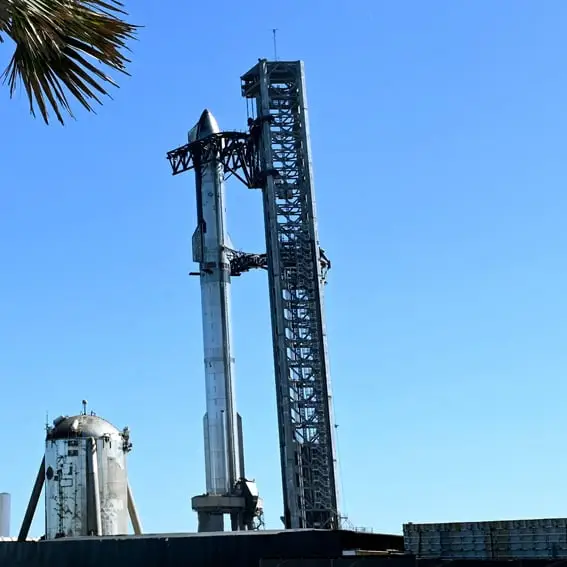
After the first launch back in April ended in a dramatic explosion shortly after lift-off, there were high hopes for the second test flight of the Starship mega rocket from Elon Musk's SpaceX company.
And seconds into the launch, it looked like it was all going according to plan.
The nearly 400-foot rocket - the biggest and most powerful ever built - successfully took off from its base in south Texas, with the Super Heavy booster's 33 engines launching it towards space.
During the first launch, things started to go sideways around four minutes in - the rocket failed to detach from the booster and the wreckage crashed into the Gulf of Mexico.
Advert
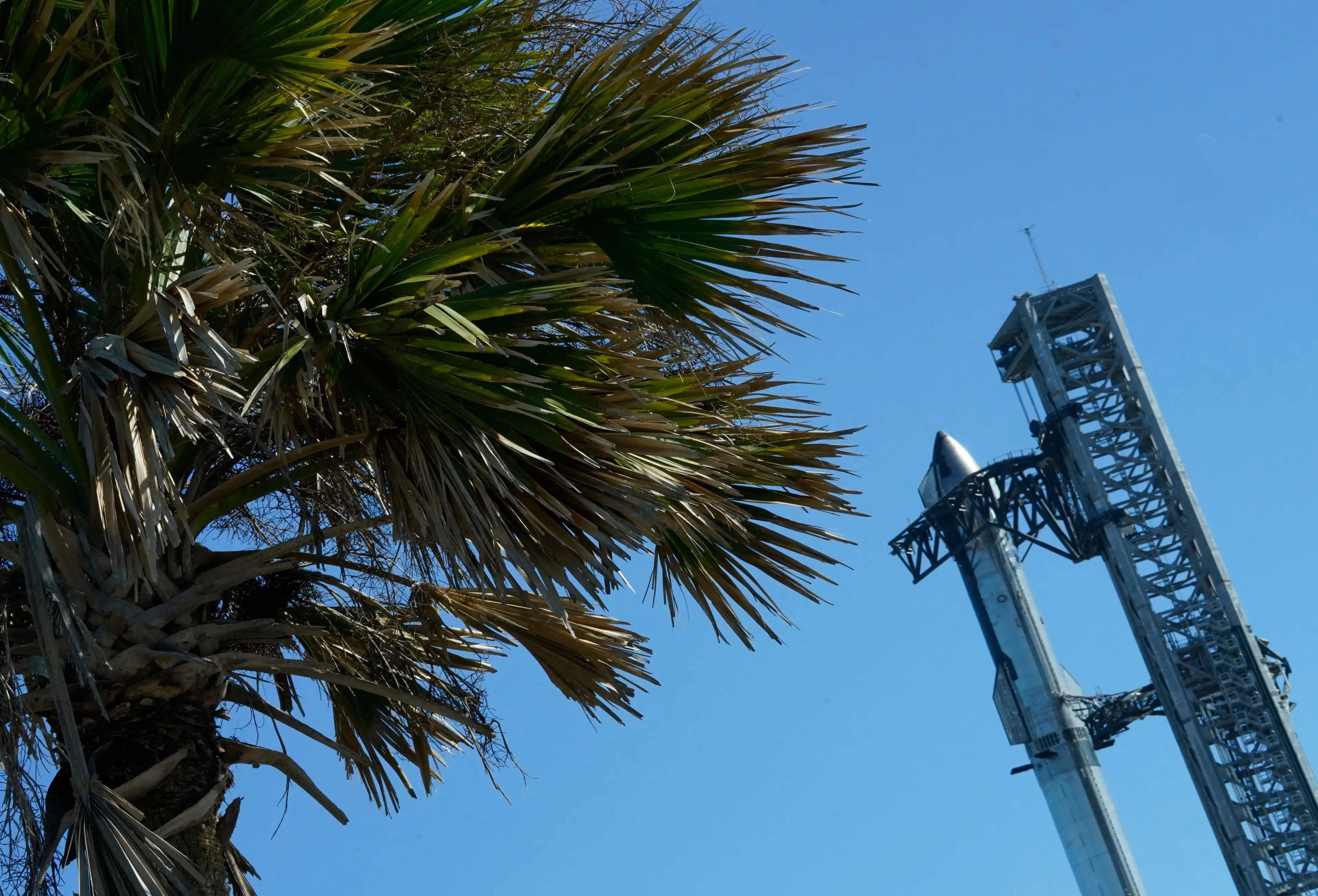
But for the second test, the spaceship managed to separate from the booster - causing engineers on the SpaceX livestream to say: "What a successful day this has been so far."
The first signs of something going wrong was the detached booster then experiencing a "rapid unscheduled disassembly" as it made its ascent to Earth - engineer-speak for it exploding in the sky.
Things looked good for the rocket, which still had all six engines firing, until signal was lost around eight minutes into the test - with SpaceX declaring it had failed during the second stage.
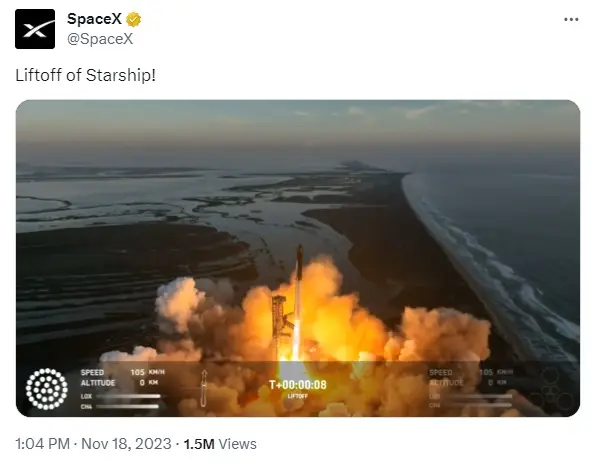
The test aimed to send the spaceship to an altitude of 150-miles - high enough to send it around the globe, before ditching it into the Pacific near Hawaii around 90 minutes after lift-off, just short of a full orbit.
With data lost from the rocket, it's likely it also experienced "rapid unscheduled disassembly" - AKA it blew up.
The test has certainly been more successful than the first try in April, but it's likely billionaire Elon Musk will see it as a resounding triumph. After all, the first launch wasn't seen as a total failure - instead, SpaceX treated it as an opportunity to learn and improve.
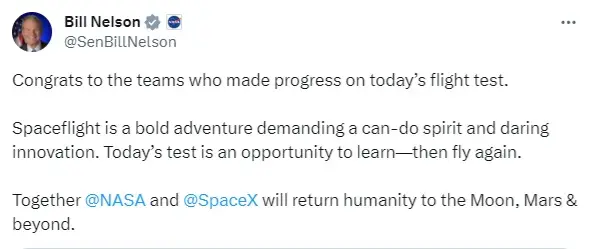
So what does it mean for the future of Starship? SpaceX will likely use the data from this mission to optimize the technology even more.
And in the future, Elon Musk has said the Starship will be able to carry up to 100 people on long-duration interplanetary flights. The goal, SpaceX has said, is to "make life multi-planetary".
Nasa administrator Bill Nelson posted on X to congratulate the SpaceX teams writing: "Spaceflight is a bold adventure demanding a can-do spirit and daring innovation. Today’s test is an opportunity to learn—then fly again."
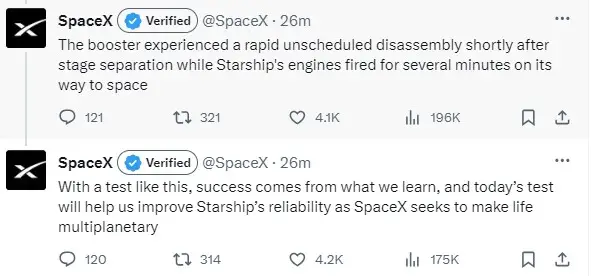
SpaceX owner Elon Musk congratulated the team after the launch in a post on X, while SpaceX said in a long message on X: "Congratulations to the entire SpaceX team on an exciting second integrated flight test of Starship!
"Starship successfully lifted off under the power of all 33 Raptor engines on the Super Heavy Booster and made it through stage separation."
They added: "The booster experienced a rapid unscheduled disassembly shortly after stage separation while Starship's engines fired for several minutes on its way to space."
"With a test like this, success comes from what we learn, and today’s test will help us improve Starship’s reliability as SpaceX seeks to make life multiplanetary."